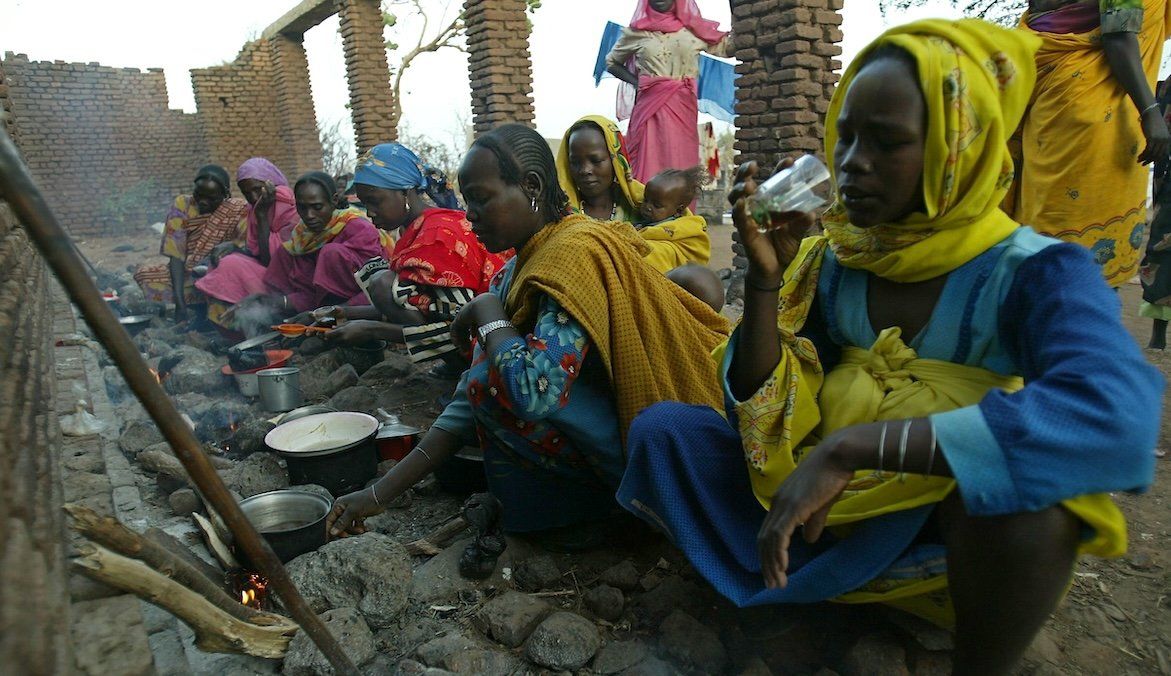60,000: The death toll from 14 months of war in Sudan is much higher than previously reported, according to a
new study. The London School of Hygiene and Tropical Medicine’s Sudan Research Group reported that over 60,000 people have died in the Khartoum region alone – far more than the 20,178 deaths the UN has estimated nationwide.
242,000,000: Russia’s state-owned Gazprom is cutting off natural gas supplies to Austria. The move comes in response to Austrian oil company OMV’s announcement that it would stop paying for the gas to offset a $242 million arbitration award it won due to an earlier energy cut-off to its German subsidiary. Gazprom responded that it would halt gas delivery starting on Saturday. Austrian Chancellor Karl Nehammer reassured citizens the country has enough gas reserves to last the winter.
70: Israeli airstrikes reportedly killed 70 people in northern Gaza early Sunday, and dozens more remained trapped in the rubble. This coincides with comments by Pope Francis suggesting that Israel’s military campaign in Gaza “has the characteristics of a genocide.” The comments were included in excerpts from an upcoming book published on Sunday.
60,000,000: If you tuned in for the Jake Paul vs. Mike Tyson fight on Friday, you had lots of company. Netflix says a “record-breaking” 60 million households watched Iron Mike’s first fight in nearly 20 years. While Paul beat Tyson, neither boxer was knocked out, and they both made a killing: Paul is expected to have raked in around $40 million to Tyson’s $20 million.
2,039: History was made in Scotland’s Stornoway, the largest town in the Hebrides, on Sunday. Despite 2,039 of the town’s roughly 7,000 residents signing an online petition against a local Tesco store opening on Sundays – critics wanted to “keep Sunday special” and shopping-free – the United Kingdom's largest grocer opened its doors to “allow customers more flexibility.”
